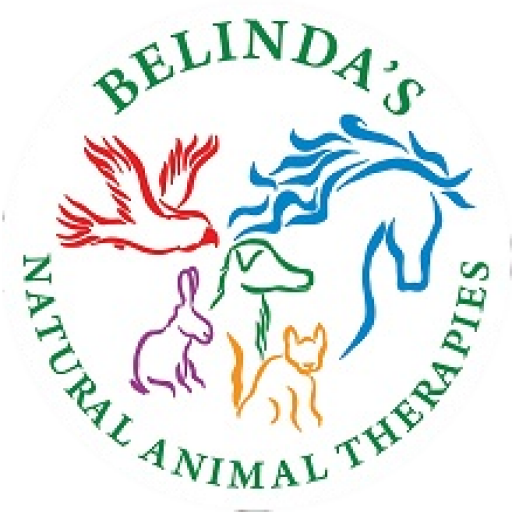Horses are designed to eat high-fibre forages over long periods of time. Their digestive system relies on a complex fermentation process that takes place in the hindgut, where billions of microorganisms break down fibrous plant material and produce energy and vitamins for the horse.
However, many horses today do not have access to enough quality hay or pasture grass, and instead receive large meals of concentrated feeds that contain high amounts of starch and sugar. These feeds can disrupt the delicate balance of the hindgut microbiome and cause problems such as colic, laminitis, endotoxemia, weight loss, and vitamin deficiencies.
To promote optimal gut health, it is important to provide horses with hay that meets their nutritional needs and preferences. Here are some tips on how to feed horses hay:
– Provide hay in appropriate portions based on your horse’s age, weight, and activity level. A general rule of thumb is to feed 1.5% to 2% of your horse’s body weight in hay per day.
– Select high-quality hay that is free of contaminants and stored properly. Look for hay that is green, leafy, soft, and smells fresh. Avoid hay that is mouldy, dusty, discoloured, or contains weeds or foreign objects.
– Use a hay feeder or net to prevent the ingestion of dirt and sand. This can help reduce the risk of sand colic and also minimize waste.
– Select hay that is appropriate for your horse’s nutritional needs and consult with a veterinarian or equine nutritionist if unsure. For example, alfalfa/Lucerne hay is higher in protein and calcium than grass hay and may be suitable for lactating mares or growing foals. However, it may not be ideal for horses with metabolic issues or laminitis.
– Give your horse plenty of free-choice access to hay or pasture grass throughout the day. This will help keep the hindgut functioning properly by providing a steady supply of fibre and buffering the stomach acid production.
Feeding horses hay is one of the best ways to help their gut health. By following these simple guidelines, you can ensure that your horse receives adequate fibre intake and maintains a healthy hindgut microbiome.
Don’t forget to add a quality vitamin and mineral supplement like Belinda’s Premium loose lick or Belinda’s Amazing Minerals plus to help balances out the hay diet.

